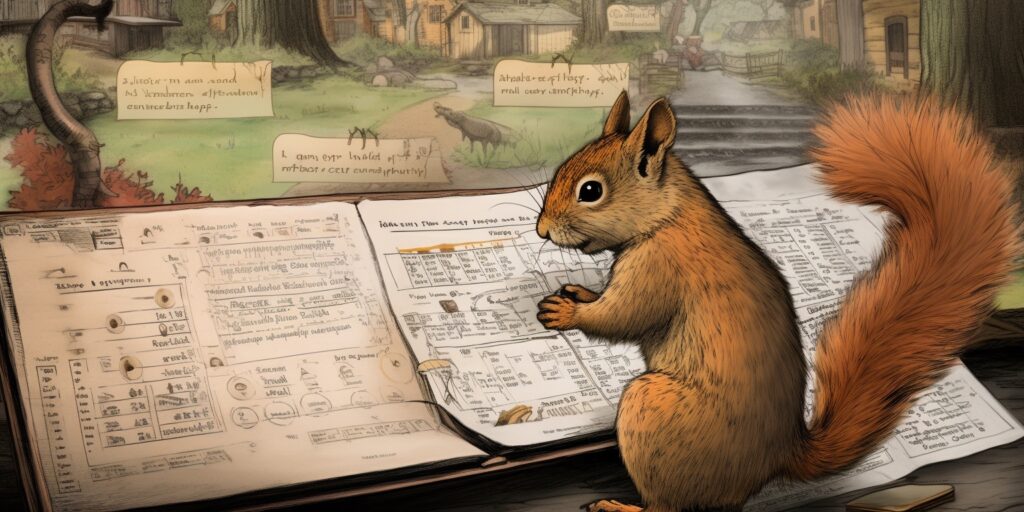
A Cicada that waits 17 years underground to emerge; a Squirrel that can memorise the location of thousands of nuts by value. Meet nature’s low time preference specialists.
How human biases explain our propensity to make poor risk-based decisions.

A Cicada that waits 17 years underground to emerge; a Squirrel that can memorise the location of thousands of nuts by value. Meet nature’s low time preference specialists.
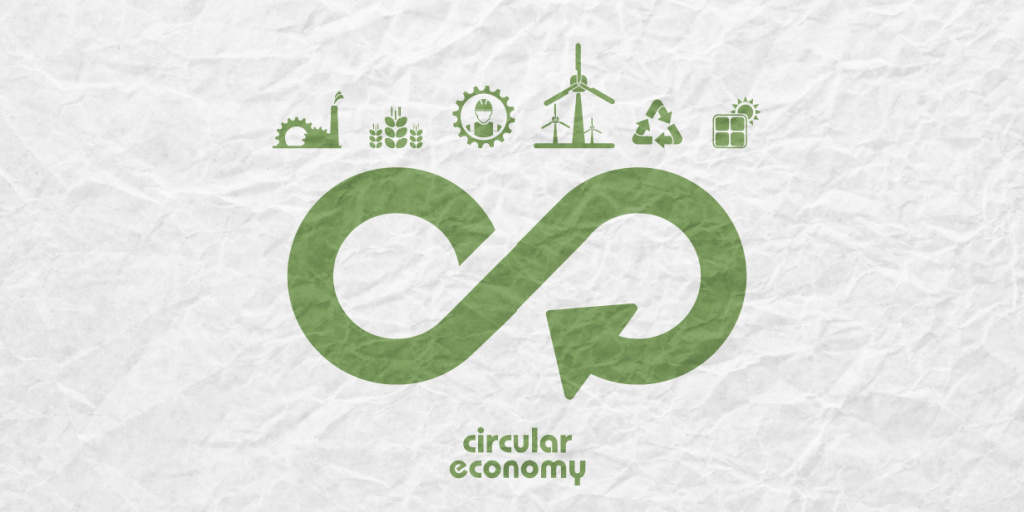
The idea of a Circular Economy is increasingly promoted as the solution to our mounting environmental and social problems. But what does the term mean, and is it achievable?

In 1968 Garrett Hardin coined the phrase, the Tragedy of the Commons. Almost half a century later, and we’re still fouling our own nest without a workable solution to avert tragedy.

Have you heard about the US Conscription lottery that randomly selected who went to war or the Taiwanese Receipt lottery trying to improve its tax take? There’s even a new breed of lotteries trying to form habit loops to nudge beneficial behaviours and lotteries using crypto to rework 19th savings schemes. Welcome to the world’s strangest lotteries.
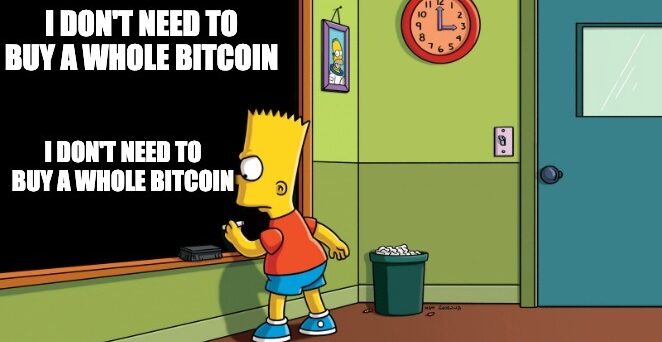
Unit bias within crypto conflates the price of tokens with their value. A low nominal price is considered cheap and attractive simply because you are able to buy more units of them. This leads to poor decision making.

Survivorship bias explains why big Lottery wins are always accompanied by an image of the ecstatic winners popping champagne and gripping a giant oversized cheque. The salient image encourages us to focus on the outcome – the smiling winner- and ignore the process – millions of losing tickets. Understanding survivorship can help you make better decisions, and there’s no better place to start learning than the Mountain of Hell Downhill Bike Race.

Much like gambling, the diet and beauty industry generally offers negative expected value, so what drives their continued growth, despite the absence of hard evidence that they deliver any tangible results?
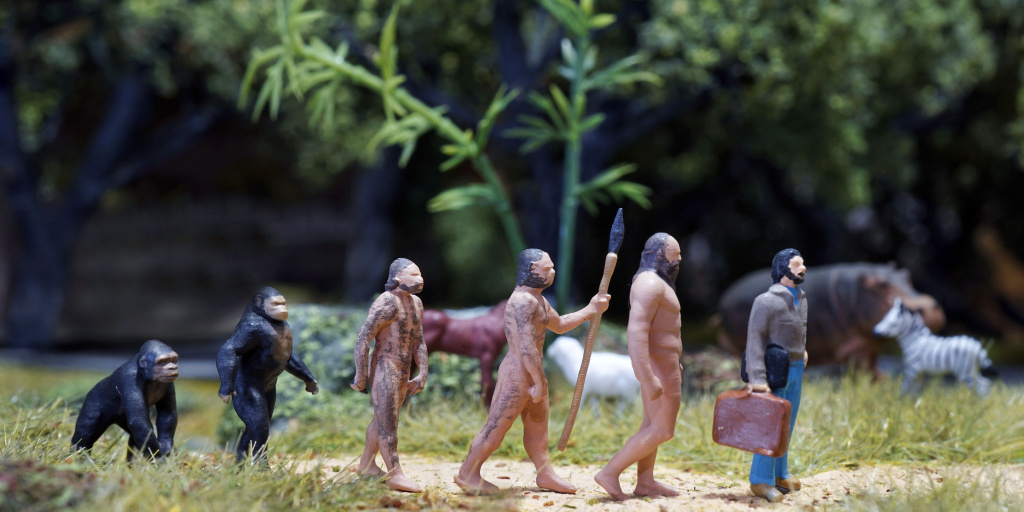
If you asked the average person in the street what two things they would want more of, the likely answer would be time and money. Joe Public is working harder for less and increasingly living day-to-day. Economists might explain it through changes in time preference. But what is time preference, and why is it changing? Find out via a four-paragraph history of civilisation, an episode of Atlanta and Bitcoin.
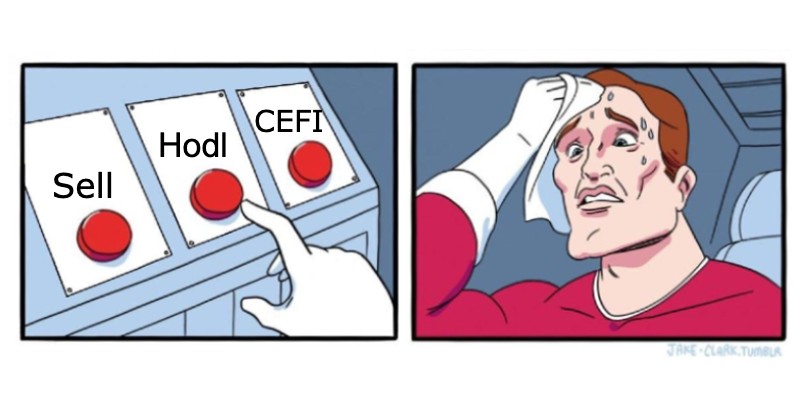
Hodling is a meme describing the commitment needed to hold Bitcoin, but the unique characteristics of this new internet money present hodlers with a unique dilemma.